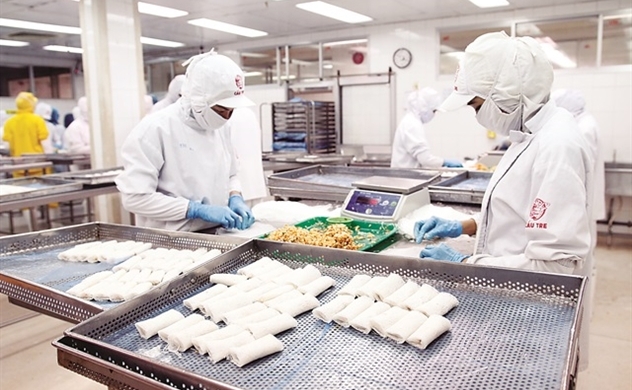Vietnam attracts tech investment amid the conflict between China and the US.
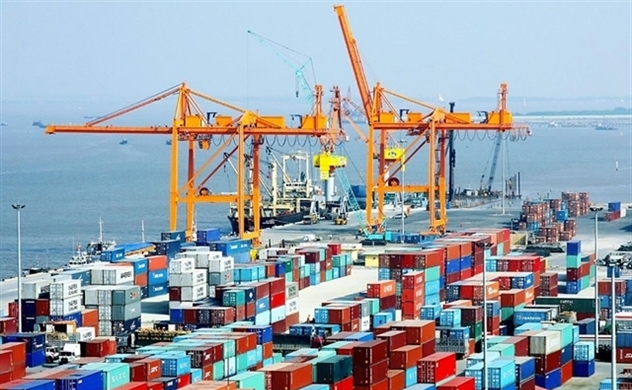
VNA Photo
Vietnam has become a preferred choice as a production hub for major technology companies like Apple, Samsung, and Google
With movements like Apple's, which has started producing some of its iPad tablets and AirPod headphones in Vietnam, the trickle of technology companies shifting their production from China to Vietnam, whose economy is rising quickly, has accelerated in recent months. It intends to manufacture AppleWatch wearables and MacBook Pro PCs there.
One of Apple's major suppliers, the Taiwanese company Foxconn, has announced a $300 million investment in a 50-hectare factory in northern Vietnam that would result in the creation of 30,000 jobs.
In an effort to lessen its reliance on China, Google will also begin producing its Pixel smartphones in Vietnam for the first time in 2023, according to Taiwanese specialist media Digitimes.
These businesses follow the example established by Samsung, which has recently increased manufacturing in Vietnam, where it already produces the majority of the mobile phones it sells on the international market.
The stringent Covid-19 containment strategy in China, which strains supply networks and creates fear among manufacturers, has been one of the factors that have hastened this development, but there are also less direct explanations.
“China’s covid-zero policy is one of the factors, but the deeper reasons include the trade war between China and the US that causes uncertainty and disruptions in the global supply chain”, says Le Hong Hiep, head of Vietnamese studies at the Iseas-Yussof Ishak Institute, based in Singapore.
According to Hiep, "Products exported from China may be subject to higher tariff barriers, especially when they are exported to the US." Hiep also added that the attractions that Vietnam has been acquiring recently to explain its rise as a production hub to the factors related to the situation in China.
The "boom" of the Vietnamese economy, particularly in recent months following the Covid-19 break, with a record growth of 13.67 percent year-over-year in the third quarter of this year due to the boost from the manufacturing industry and exports, which increased by 17.3 percent, is the first internal factor he mentions.
Hiep stated, "These (tech) businesses have access to the Vietnamese market, which is getting more appealing when they set up their facilities in Vietnam.
In addition, labor costs are lower in Vietnam (approximately $3 per hour in manufacturing against $6.50 in China, according to the Vietnam Briefing journal), which supports the tax benefits that the Vietnamese government tries to provide to big businesses to invest in the nation.
Other benefits mentioned by Hiep include political stability, with a government like that of Beijing, the recent openness to foreign commerce, and China's closeness, which makes it easy to address the weaknesses of the Vietnamese supply chain by providing the essential components.
15 free trade accords have Vietnam as a party. This implies that businesses will receive preferential treatment and cheaper taxes if they export their goods from Vietnam, the official added. EFE
Source: La Prensa Latina
Same category news
-
Huyen Hoang
-
Arthur Do và Nick Wood
Latest news
-
Huyen Hoang

 TIẾNG VIỆT
TIẾNG VIỆT 

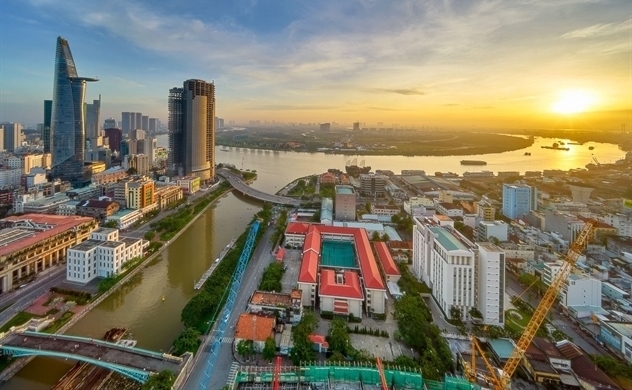
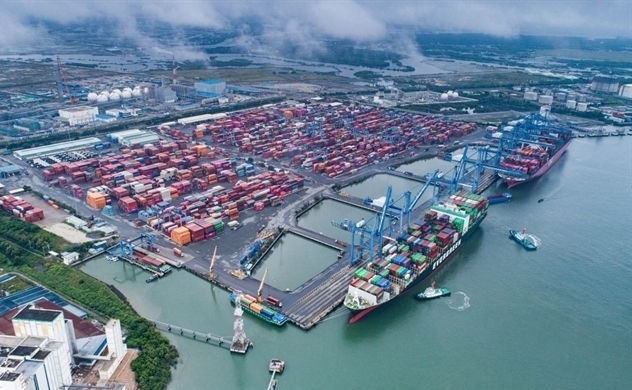

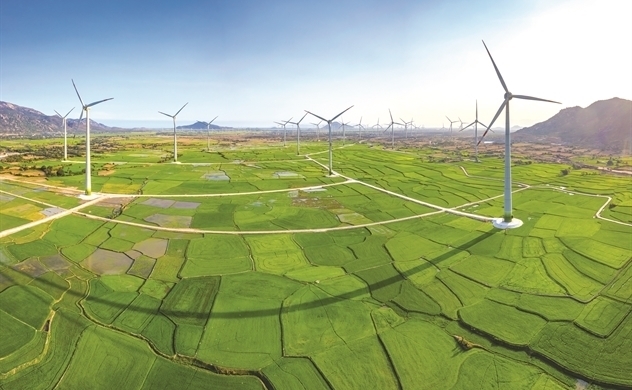

_291615658.jpg)

